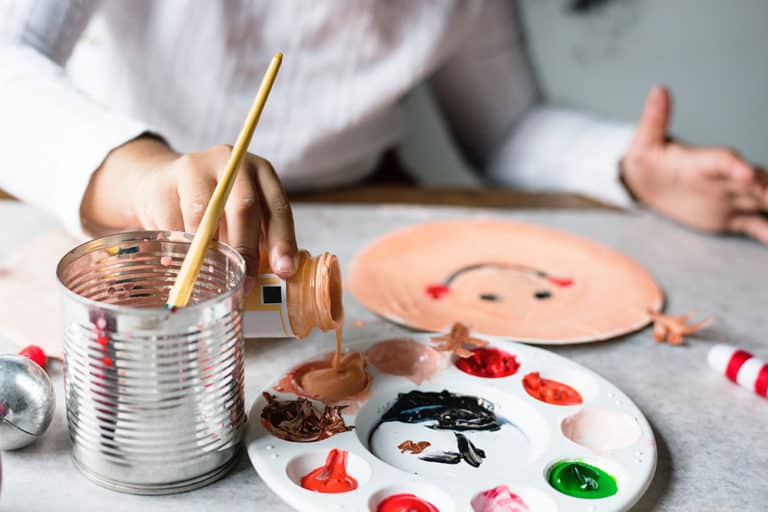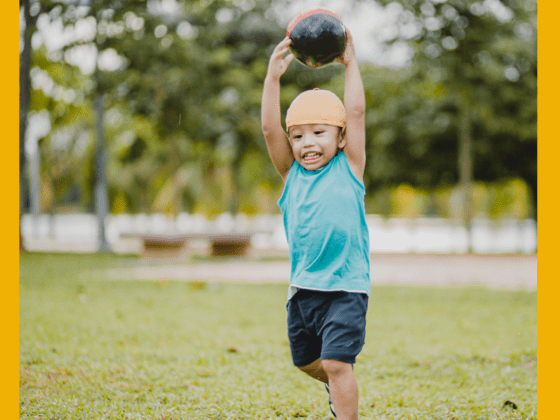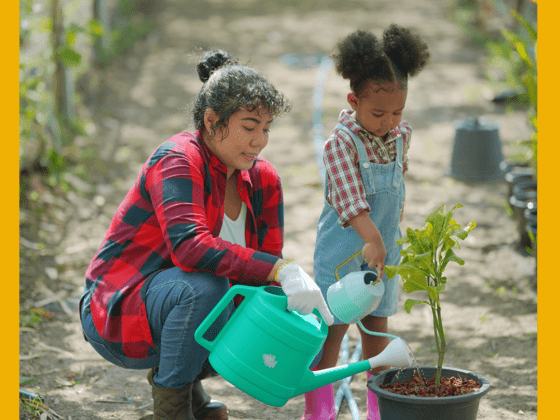Now that the school year is back in full swing, you may be wondering about how much you should be communicating with your children’s teachers. Teachers, after all, are a lot like stand-in parents when your child is at school. They monitor behavior, offer rewards (and sometimes punishment), and can have a big impact upon the interests and habits that your child develops. Those can all be great influences, but if they aren’t lined up with what you’re teaching at home, problems can arise.
The situation only gets more complicated if your child participates in speech therapy or occupational therapy. With so many adults offering guidance and advice, it can be all too easy for signals to get crossed and messages to get mixed. That can lead to frustration for your child and for you.
That’s why at PTN we are so vigilant about working not just with children, but also with their parents and teachers. We see the adults – and older siblings – who spend the most time with our kids as partners in their overall development. By getting everyone on the same page, we can make occupational, speech, and physical therapy for kids more cohesive and effective.
Your Role in Your Child’s Occupational Therapy
The first way that we involve both parents and teachers in therapy sessions is by meeting with children in the environments they’re most comfortable in. That can include both the home and the classroom. We find that working with children on their “home turf” helps them feel more relaxed and confident. It also makes it that much easier for parents and/or teachers to participate. By observing, asking questions, and helping with various play-based therapeutic activities, you’ll be empowered to build upon your child’s development between sessions, and the same is true for teachers.
We also strive to keep the lines of communication as open as possible. We can meet with teachers to keep them up to date on the work your child is doing with us, and we can even provide them with written reports that they can reference whenever they need to.
If your child has an Individualized Education Plan (IEP), we can provide our input and help ensure that any standards set at home or in the classroom are built upon in therapy sessions.
To learn more about occupational therapy in Chicago, give our office a call. Whether you’re seeking an initial assessment or want to learn about ongoing play therapy, we are happy to answer any questions you may have.





